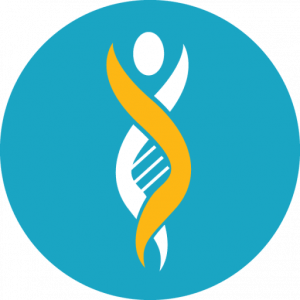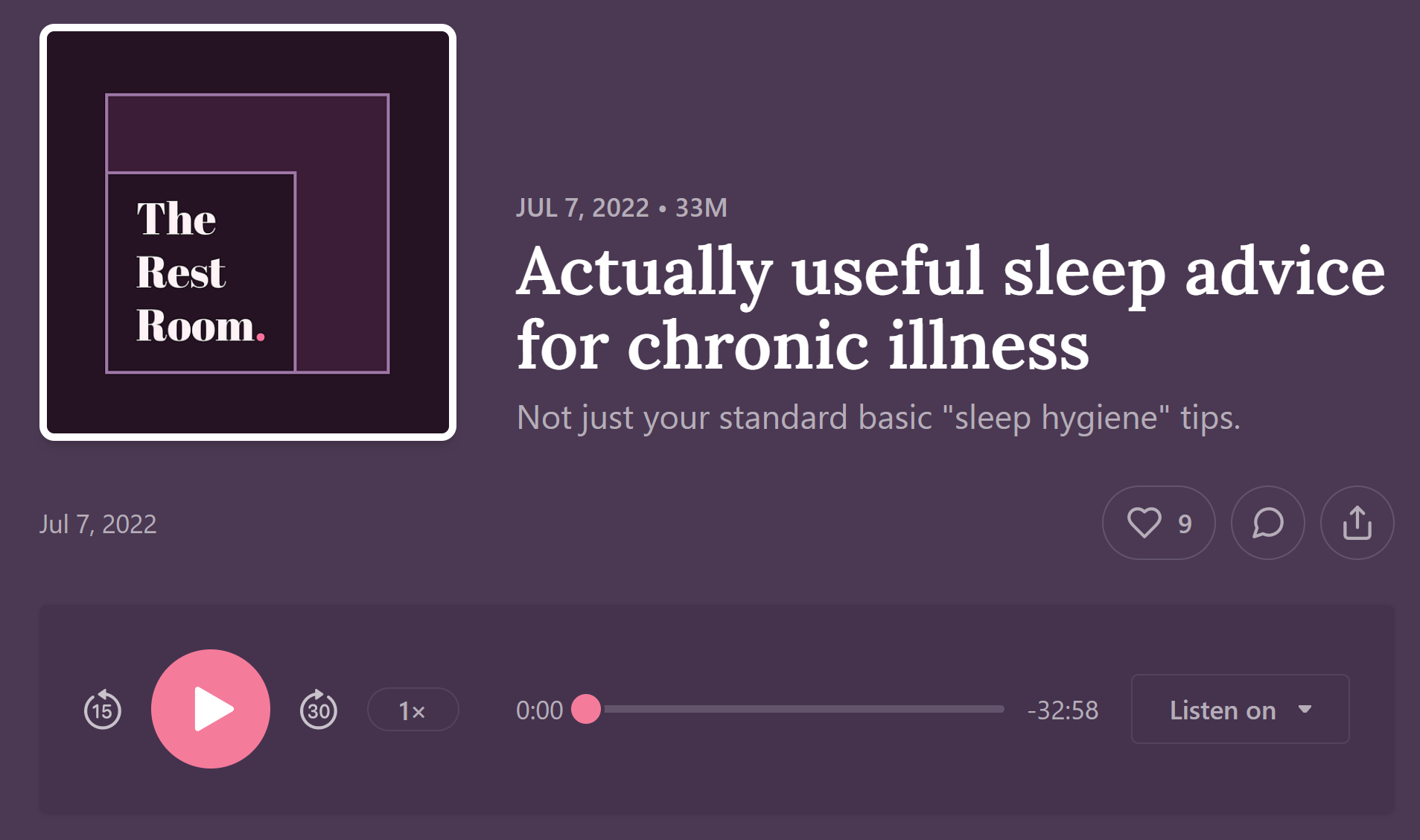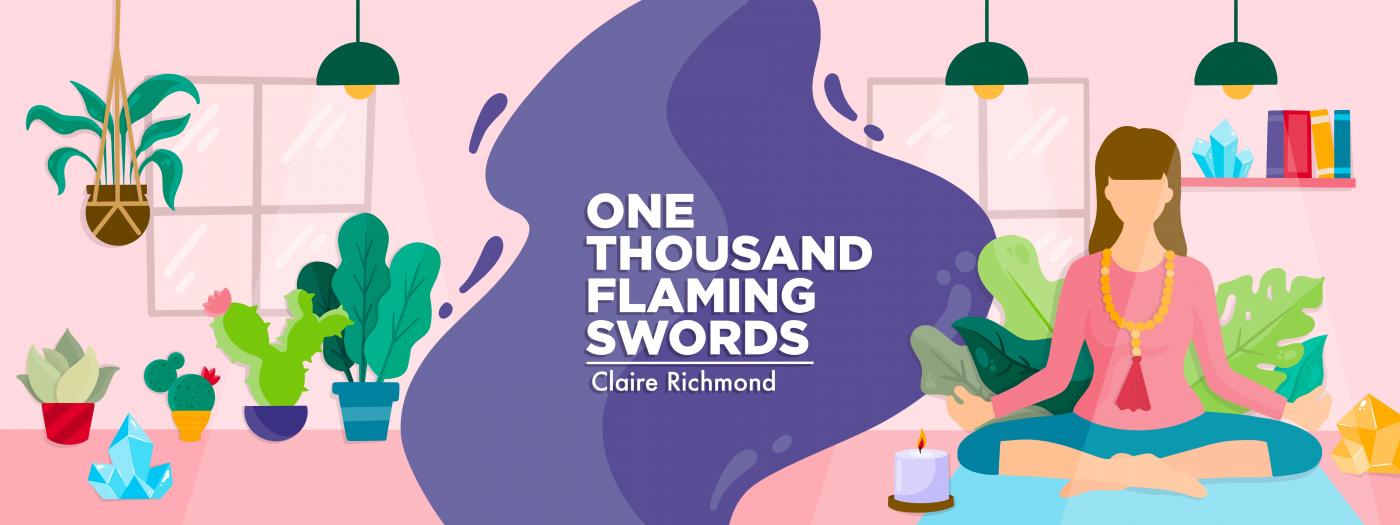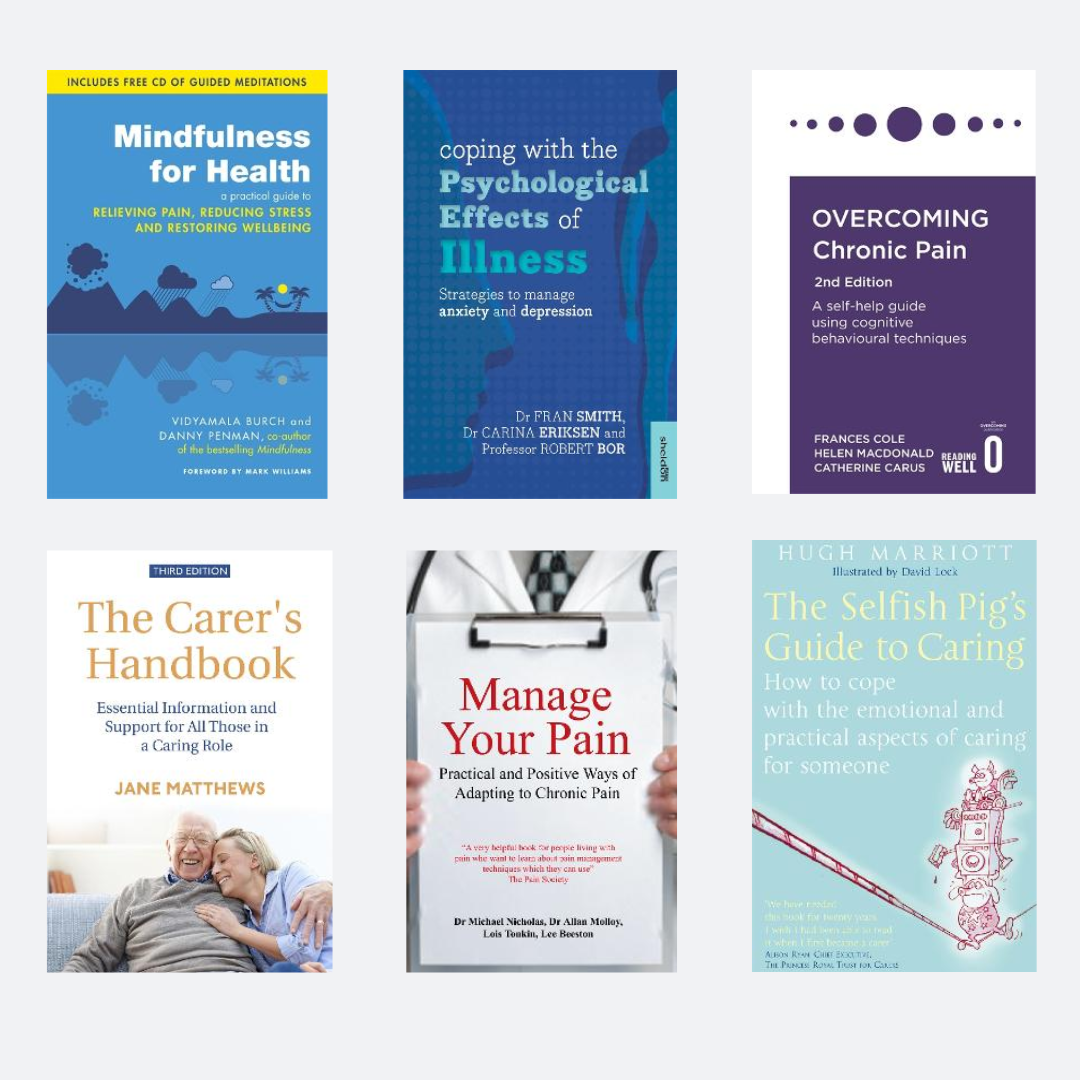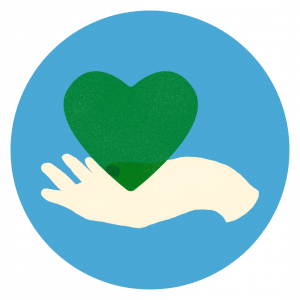Looking after your mental health
At the BPA, we know that living with any chronic illness or disability can have a huge impact on mental health, and that rare disease in particular brings its own set of emotional challenges.
A 2018 report by Rare Disease UK found that 95% of survey respondents have felt worried or anxious, 93% have felt stressed, 90% have felt low, 88% have felt emotionally exhausted, and 70% have felt at breaking point due to their rare disease.
And a recent study on the emotional wellbeing of people living with acute hepatic porphyria (AHP) found that moderate to severe depression was present in 58.7% of patients surveyed, and moderate to severe anxiety in 48.9% of patients.
In recent years, there has been a huge effort to raise awareness of and destigmatise mental health issues. As a result, practical information and advice to help us manage our mental health is more widely available than ever. It can still be hard, however, to find resources that specifically address the additional emotional challenges of living with a long term physical health condition.
This page aims to bring together various resources that can help you to manage your mental health and wellbeing and live well with porphyria. There are four sections covering the topics of lifestyle, pain management, connecting with others, and financial support.
For more information on diet, sleep, and physical activity for the skin porphyrias, check out this Q&A session from our BPA Connect event in 2020, in which porphyria experts answer patient questions on all of these topics:


